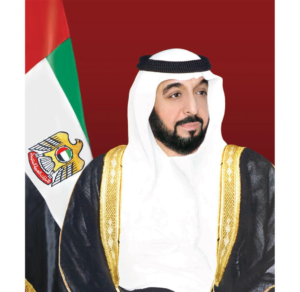UAE President issues Personal Status Law for non-Muslims in Abu Dhabi
ABU DHABI, 7th November, 2021 (WAM)

Ruler of the Emirate of Abu Dhabi, President His Highness Sheikh Khalifa bin Zayed Al Nahyan has issued a law to regulate personal status matters for non-Muslims in Abu Dhabi to provide a flexible and advanced judicial mechanism for the determination of personal status disputes for non-Muslims.
The law supports the Emirate’s leadership by issuing the first civil law governing non-Muslim family matters in line with international best practices. It also guarantees the right of non-Muslims to be subject to an internationally acknowledged law that is familiar to them in terms of culture, customs and language, as well as to protect the best interests of children, particularly in the case of parental separation.
The new law applies civil principles in the regulation of family matters, explained ADJD Under-Secretary, who also announced the establishment by the Judicial Department of the first court dedicated to non-Muslim family matters.
All the procedures of the new court will be bilingual in Arabic and English to facilitate the understanding of judicial procedures by foreigners and to improve judicial transparency.
In detail, the law consists of 20 articles divided into several chapters covering civil marriage, divorce, joint custody of children and inheritance.
The first chapter of the law regulates the marriage procedures of foreigners before the court by introducing the concept of civil marriage based on the will of both the husband and wife.
The second chapter defines the divorce procedures for non-Muslims, the rights of the spouses after divorce and the discretion of the judge in assessing the financial rights of the wife based on several criteria, such as the number of marriage years, the wife’s age, the economic standing of each of the spouses and other considerations that the judge takes into account in determining the wife’s financial rights.
The third chapter introduces a new concept in post-divorce child custody, namely, the sharing of custody equally between the father and mother, or what is known in some Western countries as “Joint or Shared Custody,” to safeguard the family’s cohesion after divorce and to preserve the psychological health of the children.
The fourth chapter addresses inheritance issues, the registration of wills for non-Muslims, and the right of a foreigner to draw up a will devolve all his/her property to whomever he/she wishes.
Finally, the fifth chapter of the law regulates the proof of paternity for non-Muslim foreigners, providing that the proof of paternity of the newborn child is based on marriage or recognition of paternity.

